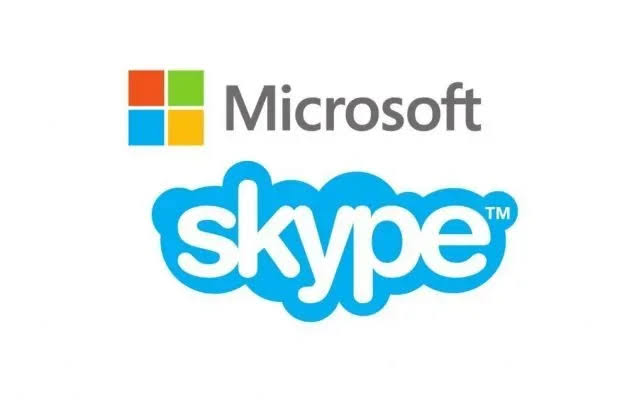
Microsoft has officially announced that it will discontinue Skype on May 5, 2025, marking the end of an era for one of the most iconic video-calling platforms. The company will shift its focus entirely to Microsoft Teams, urging Skype users to migrate to the new platform for their communication needs.
This decision has sparked widespread nostalgia on social media, with users reminiscing about the early days of Skype, which played a pivotal role in connecting people across the world.
Seamless Transition to Microsoft Teams
Microsoft has assured that Skype users can log into Teams using their existing credentials without the need to create a new account. Their chat history, contacts, and group conversations will remain intact on Teams, ensuring a smooth transition.
For users who prefer not to migrate, Microsoft has provided a data export option, allowing them to download their chat history and contacts before Skype shuts down permanently.
Jeff Teper, the President of Microsoft 365 Collaborative Apps and Platforms, stated:
“We’re giving users a choice. They can migrate their conversation history and their contacts out and move on if they want, or they can migrate to Teams.”
The Rise and Fall of Skype
Skype was launched in 2003 and quickly became a revolutionary tool for voice and video calls. By 2011, it had over 300 million active users, making it the go-to platform for international calls, business meetings, and long-distance family conversations.
Microsoft acquired Skype in 2011 for $8.5 billion, integrating it into its ecosystem. However, over the years, the rise of competitors like Zoom, WhatsApp, Google Meet, and Microsoft Teams led to Skype’s decline.
Microsoft’s decision to prioritize Teams over Skype became evident during the COVID-19 pandemic when Teams saw exponential growth in the corporate and education sectors, while Skype struggled to keep up.
Social Media Reactions: An Outpouring of Nostalgia
Following the announcement, the internet has been flooded with nostalgic posts from users who grew up using Skype. Many shared personal stories of how the platform helped them stay connected with family, friends, and colleaguesacross the globe.
One user tweeted:
“RIP Skype. I grew up in the USVI away from all my family, so Skype was the only way I could see my grandparents, cousins, and everyone else. Thank you, Skype.”
Another wrote:
“Remember when Skype was the king of video calls? The pandemic could have been its moment, but Teams took over. End of an era!”
Memes, throwback screenshots, and old Skype ringtones are circulating online as a tribute to the platform that shaped digital communication for nearly two decades.
Why Microsoft Is Shutting Down Skype
Microsoft’s shift from Skype to Teams is a strategic move aimed at consolidating its communication and collaboration services under a single platform.
Here’s why Microsoft is making the switch:
- Growing Popularity of Microsoft Teams: With over 300 million active users, Teams has become the preferred communication tool for businesses, schools, and individuals.
- Advanced Features: Teams offers better integration with Microsoft 365, AI-powered tools, real-time collaboration, and superior security compared to Skype.
- Declining Skype User Base: With more users switching to Zoom, WhatsApp, and Teams, Skype’s relevance has faded over time.
- Enterprise Focus: Microsoft aims to streamline its services, making Teams the primary platform for both business and personal communication.
What Skype Users Should Do Next
For Skype users, the next steps are clear:
- Migrate to Microsoft Teams: Existing users can log in to Teams using their Skype credentials and continue their conversations seamlessly.
- Export Chat History: Users who wish to save their past conversations can download their data before May 5, 2025.
- Explore Alternative Platforms: Those who prefer different communication tools can shift to apps like Zoom, WhatsApp, or Google Meet.
Conclusion: The End of an Era
Skype’s shutdown marks the end of one of the most influential digital communication platforms of the 21st century. While it may no longer be the leader in video calling, Skype’s impact on how people connect globally will never be forgotten.
As the world bids farewell to Skype, Microsoft Teams emerges as the new face of digital communication, shaping the future of online collaboration and connectivity.










